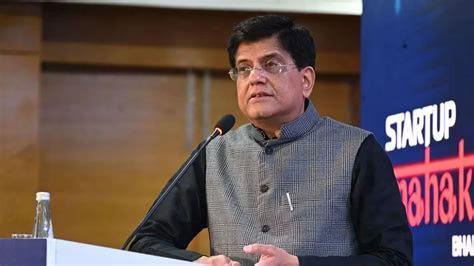Title: I was rich & depressed: MVMT Founder Kassan on selling startup for $100 million
As a startup founder, achieving success can be a dream come true. Selling a company for a hefty sum of money is often seen as the ultimate validation of one’s hard work and dedication. However, as the story of MVMT Watches co-founder Jake Kassan reveals, this success can also come with a hefty emotional price tag.
In a recent interview, Kassan opened up about the challenges he faced after selling his startup for $100 million at the age of 27. Despite achieving immense financial success, Kassan struggled with depression, feeling lost and lonely after the sale. His story is a poignant reminder that even the most successful entrepreneurs can struggle with mental health issues.
Kassan’s journey began when he co-founded MVMT Watches with his friend, Jake Davis, in 2012. The company quickly gained popularity for its affordable and stylish watches, and by 2017, they had sold their company to Citizen Watch for $100 million.
However, as Kassan reflects on that period, he revealed that the experience had a profound impact on his mental health. “I think I lost purpose,” he said in an interview with Moneycontrol. “I turned 30, I’d just gone through a breakup…Just finding people who understood [how] lonely it felt…(was) emotionally depleting…How do you empathise with someone who’s rich and depressed?” he added.
Kassan’s story is not unique. Many entrepreneurs who have achieved success have spoken publicly about their struggles with mental health. In fact, a survey by the National Alliance on Mental Illness found that 47% of entrepreneurs reported experiencing depression, while 30% reported anxiety.
So, what can we learn from Kassan’s experience? First and foremost, it highlights the importance of prioritizing mental health. As Kassan himself noted, it’s not easy to find people who understand the unique challenges that come with being a successful entrepreneur.
In the past, entrepreneurship was often seen as a glamorous and exciting career path. However, the reality is that it can be incredibly lonely and isolating. Founders often work long hours, make sacrifices, and put their personal lives on hold in order to build their businesses. This can lead to feelings of burnout, anxiety, and depression.
Kassan’s story also serves as a reminder that success is not a guarantee of happiness. While achieving financial success can be a significant milestone, it’s not the only measure of success. In fact, research has shown that once basic needs are met, additional wealth does not necessarily lead to greater happiness.
So, what can we do to support entrepreneurs like Kassan who are struggling with mental health issues? First and foremost, we need to create a culture that prioritizes mental health. This means encouraging founders to speak openly about their struggles and providing them with access to resources and support.
We also need to challenge the stigma surrounding mental health. As Kassan noted, it’s not easy to find people who understand the unique challenges that come with being a successful entrepreneur. By speaking openly and honestly about our struggles, we can help to break down these barriers and create a more supportive community.
Finally, we need to recognize that entrepreneurship is not a solo activity. Building a business is a team effort, and founders should not be afraid to ask for help when they need it. This means building a strong support network of friends, family, and mentors who can offer guidance and encouragement.
In conclusion, Jake Kassan’s story is a powerful reminder that even the most successful entrepreneurs can struggle with mental health issues. It’s not easy to find people who understand the unique challenges that come with being a successful entrepreneur, but by prioritizing mental health and creating a supportive community, we can help to break down these barriers and create a more positive and inclusive environment for entrepreneurs.
As Kassan himself noted, “I think I lost purpose” after selling his startup. But his story also serves as a reminder that it’s never too late to find a new sense of purpose. Whether it’s through philanthropy, mentorship, or simply pursuing a new passion, there are many ways to find meaning and fulfillment beyond entrepreneurship.
By sharing his story, Kassan hopes to inspire others to prioritize their mental health and to seek help when they need it. As he noted, “I want people to know that it’s okay to not be okay…I want people to know that they’re not alone.”
In the end, Kassan’s story is a powerful reminder that success is not the same as happiness. While achieving financial success can be a significant milestone, it’s not the only measure of success. By prioritizing mental health and creating a supportive community, we can help to build a more positive and inclusive environment for entrepreneurs.






